Beyond Graduation: Fuelling Ambition Through Lifelong Studies

In today's rapidly evolving world, formal education is only the beginning of our journey toward success and fulfilment. The notion of being a lifelong learner is not just a mantra but a mindset that propels individuals to continue growing and developing as leaders throughout their careers. Lifelong learning fuels ambition, enabling us to stay competitive and adaptable in the face of ever-changing demands and complexities of different organisational roles.
The importance of lifelong learning cannot be overstated and it unequivocally never stops. It is a pathway to continuous growth, empowerment, and professional excellence. It equips us with the knowledge, skills, and perspectives necessary to navigate the dynamic landscape of our respective industries.
We Are All Lifelong Learners
The truth is - most of us have goals or interests outside of our formal schooling and jobs. Humans are innately curious and natural learners; we develop and grow because of our ability to learn. Skills gained from learning how to ride a bike or journaling are forms of lifelong learning we engage in through socialisation, trial and error, or self-initiated study. Personal fulfilment and development refer to natural interests, curiosity, and motivations that lead us to learn new things. We learn and grow for ourselves.
Adopting Lifelong Learning into Your Life
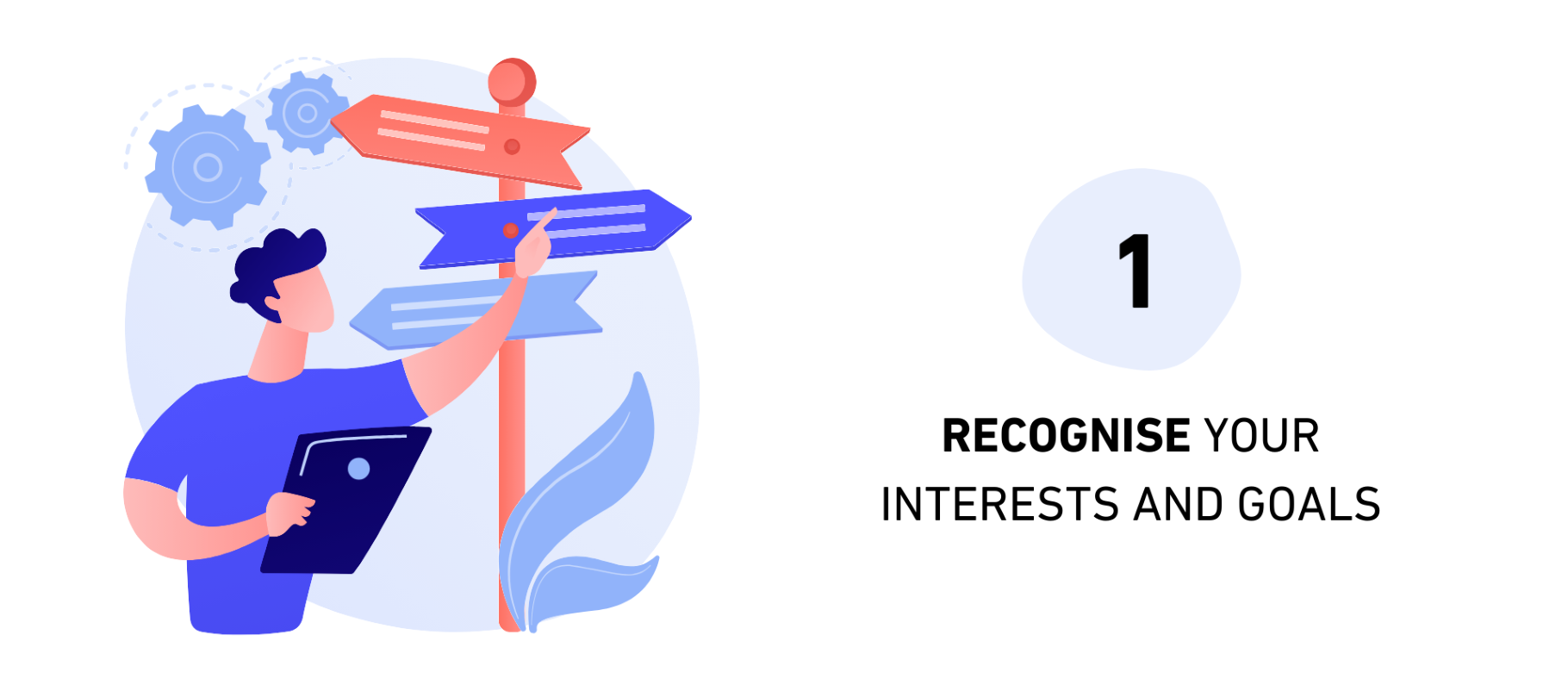
Keep in mind that the lifelong learning journey is about your aspirations, not the expectations of others. Take a moment to think about the things that ignite your passion and imagine the future you dream of. If advancing your career is a personal interest, there are self-directed learning paths available to help you achieve this. Similarly, if delving into the depths of history or astronomy is your passion, there are numerous avenues to explore and expand on these interests.
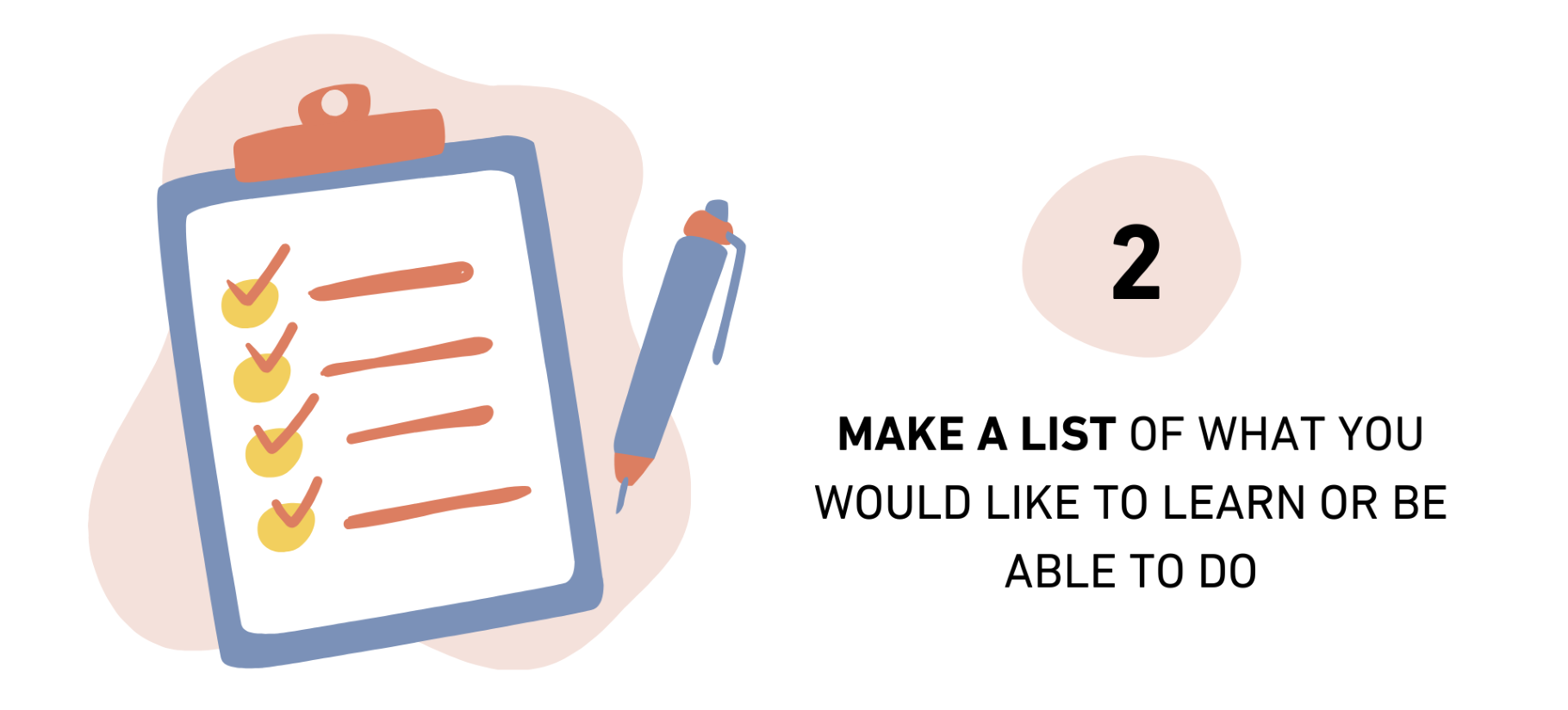
After identifying what motivates you, take some time to explore the reasons behind your interest to fully realise the purpose of your endeavour. It will set the tone and strengthen your intentions with a clear goal in mind. For example, if you discover a growing passion for history, you might want to deepen your knowledge of Europe's history or aspire to pursue a PhD. These varying levels of interest will require different approaches to learning.
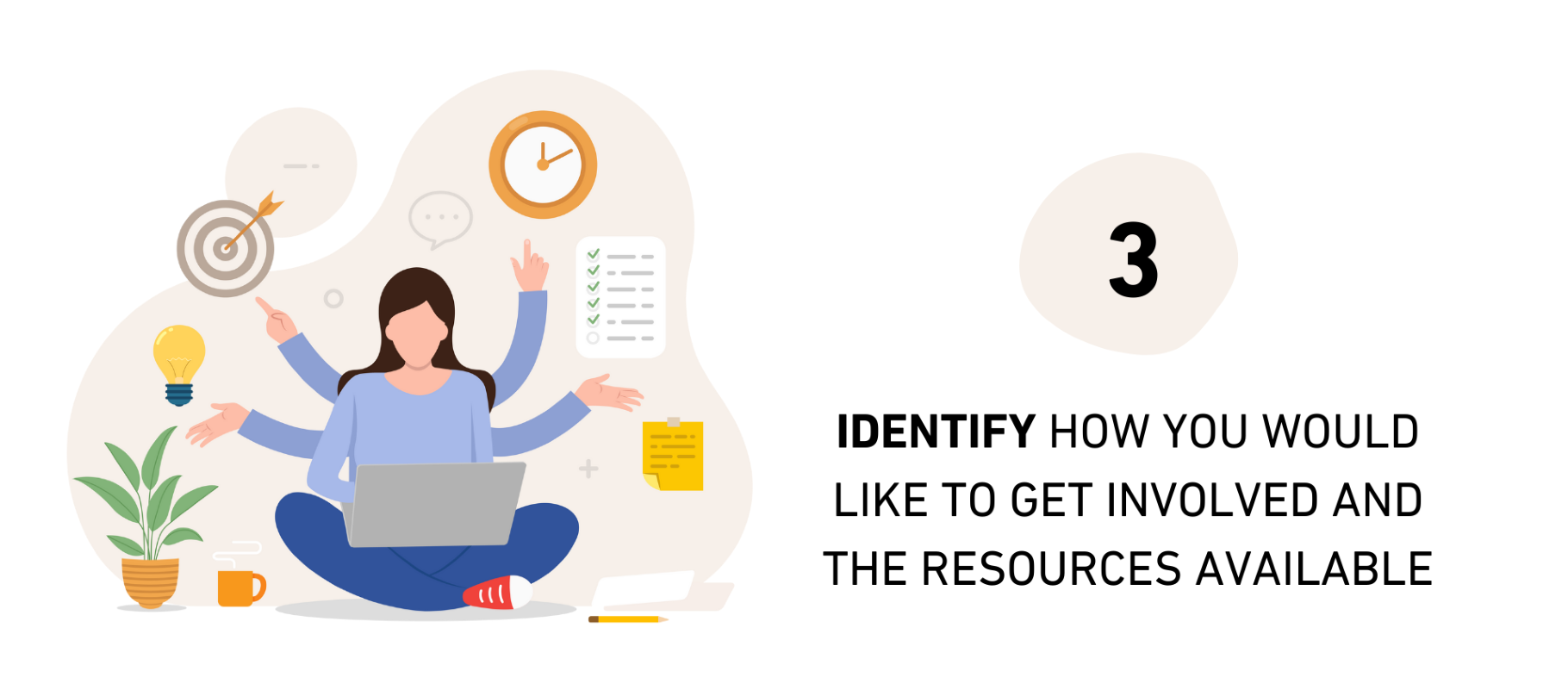
When embarking on our personal goals, the first step is to figure out how to get started. Researching and reading about our interests and goals can help us determine how to begin the learning process. If someone is interested in learning more about a specific historical period, they could explore books in the library catalogue, blogs, magazines, and podcasts dedicated to the subject, as well as visit museums and attend talks. On the other hand, if someone's goal is to earn a Ph.D. in history, they could research part-time or online university programmes and the necessary steps to reach the doctoral level.
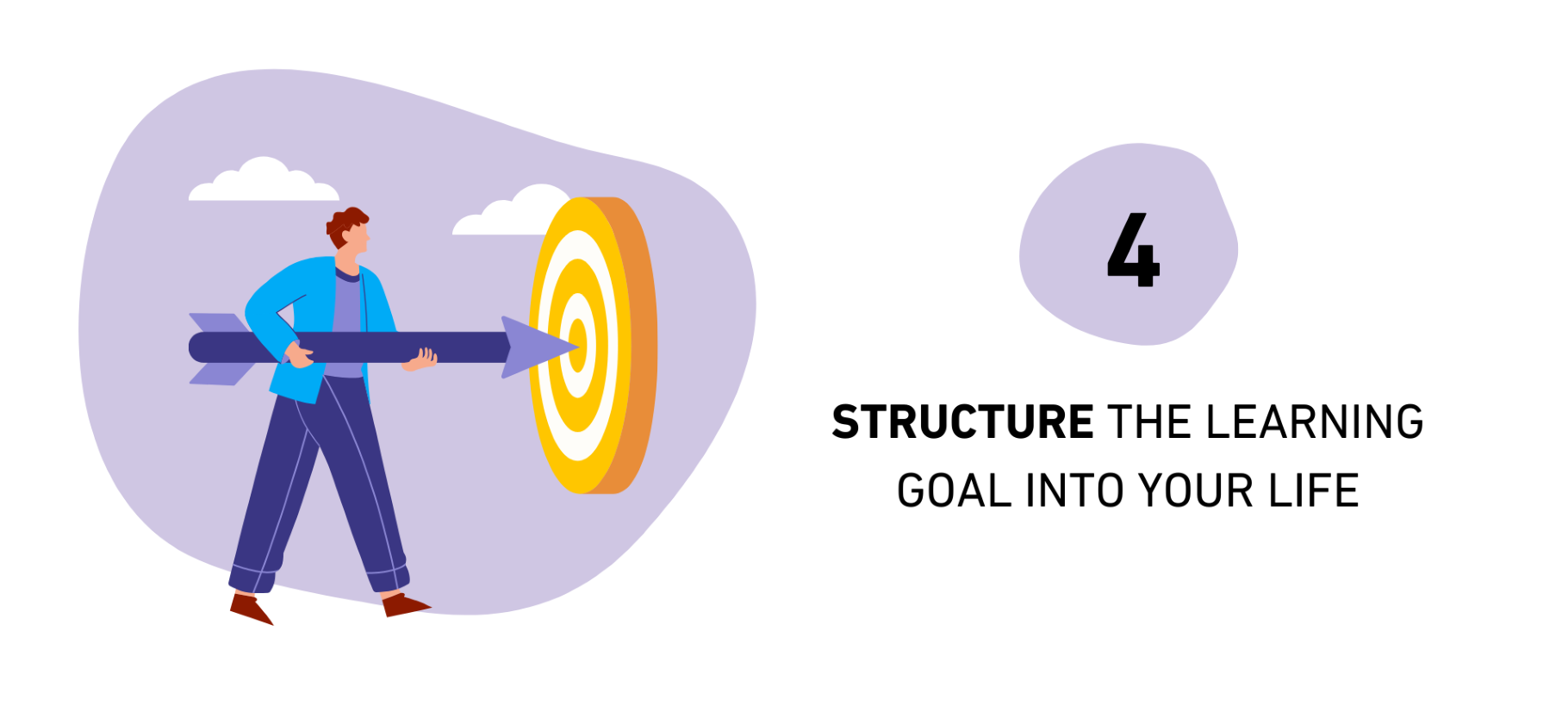
Fitting a new learning goal into your busy life requires careful consideration and effort. If you do not make time and space for it, it will not happen, which can easily lead to discouragement or quitting the learning initiative altogether.
Plan out how the requirements of the new learning initiative can fit into your life, or what you need to do to make it fit. For instance, if learning a new language is your goal, can you make time for one hour a day? Or does 15 minutes a day sound more realistic?
Understanding the time and space you can devote to working towards your goal can help you stick with the plan in the long run.
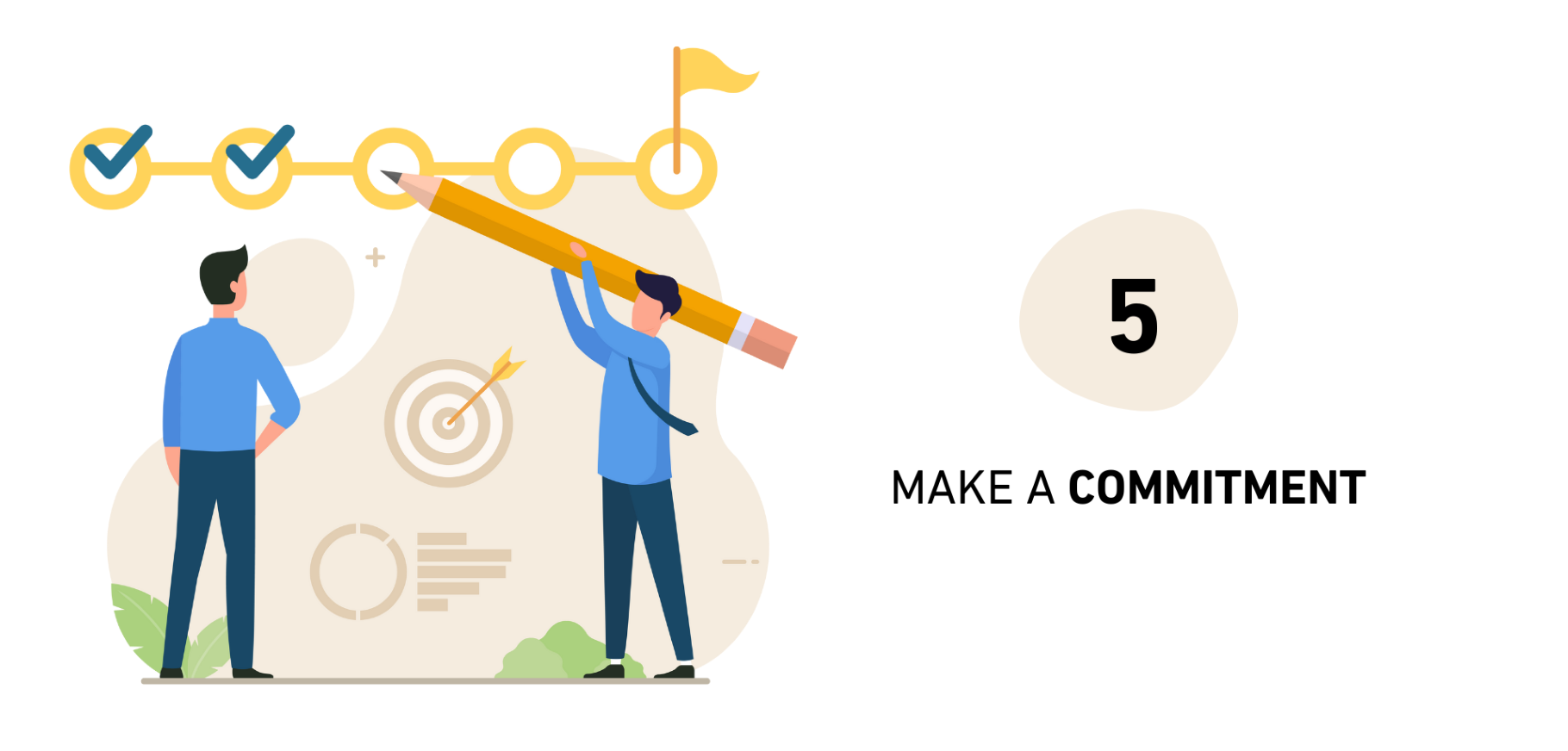
Committing to a new learning initiative is the final and most crucial step. If you have set realistic expectations and have self-motivation, commit to it and avoid excuses.
Your Gateway to Lifelong Learning
One cannot emphasise the significant role that ongoing education plays in nurturing professional and personal growth. Centre for Professional and Continuing Education (PaCE@NTU) programmes, such as the NTU Master's Degrees by coursework, FlexiMasters and other Stackable Certificates, Professional Development Courses, SkillsFuture Career Transition Programme (SCTP) and more are designed to meet the diverse needs of individuals at different stages of their lives.
These initiatives empower individuals to embark on a journey of continuous learning, skill acquisition, and personal development, to lead with confidence and competence. Leveraging Nanyang Technological University’s distinguished faculty and robust industry partnerships, PaCE@NTU offers a diverse range of tailored programmes designed for today’s lifelong learners.
As we embrace the concept of lifelong learning, we not only invest in our success but also contribute to the advancement of our industries and society at large. The key to fostering a culture of innovation, adaptability, and excellence lies in our willingness to embrace continuous learning and development.







